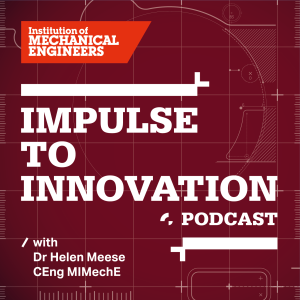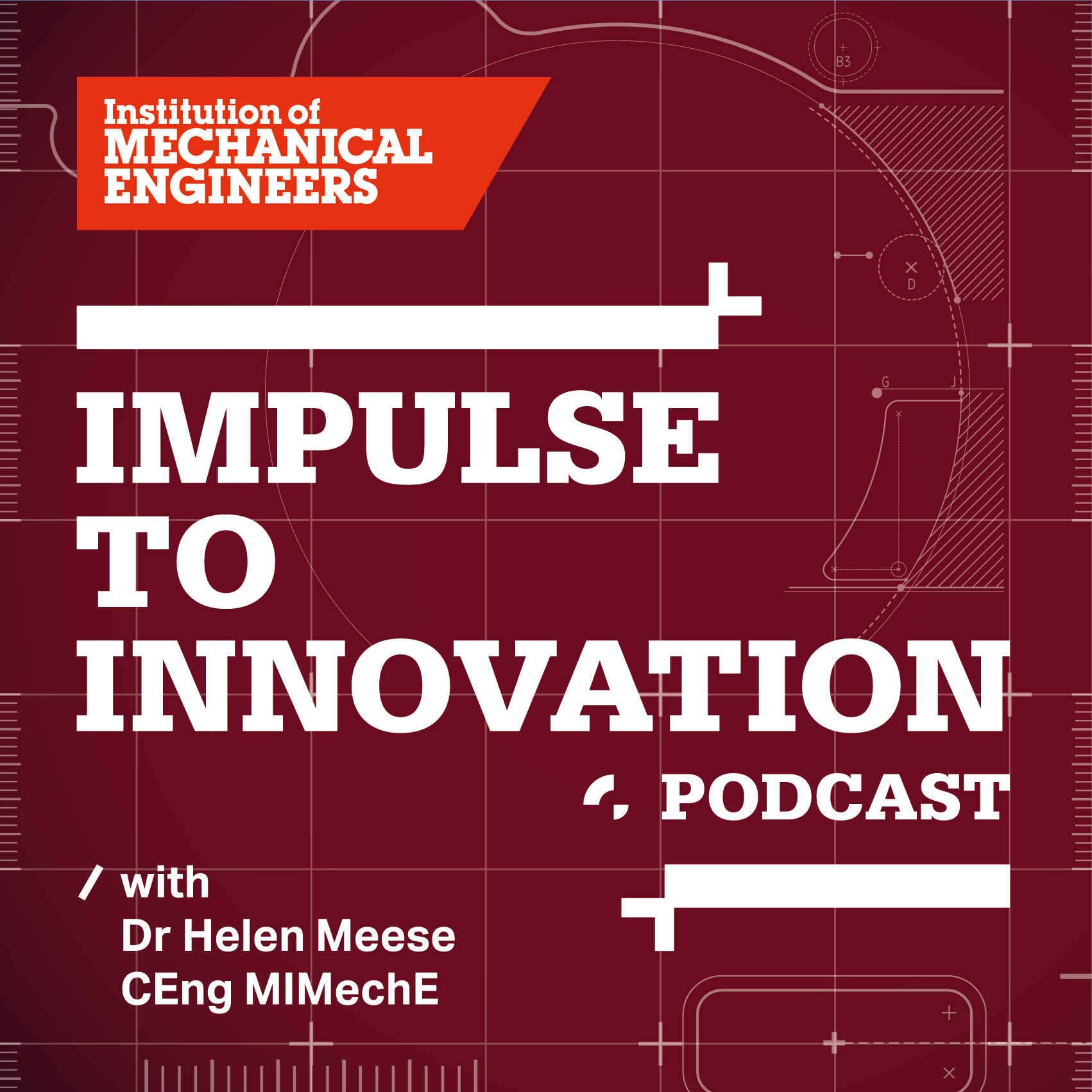Episodes

Monday Sep 06, 2021
Monday Sep 06, 2021
In this months episode, we focus on the brewing and distilling industry, which is part of the hygienic process industries sector, which also covers industries such as food, pharma and biotech.
Brewing and distillation have been part of our way of life for over a millennia; with the earliest records of both processes being found in Mesopotamia.
Useful Links:
https://en.wikipedia.org/wiki/Brewing
https://en.wikipedia.org/wiki/Distillation
http://se.asee.org/proceedings/ASEE2013/Papers2013/175.PDF
While the methods of both distilling and brewing have largely remained unchanged over time, refinements to the processes by which the raw ingredients are handled and combined, has resulted in a multitude of flavours and colours of both alcoholic and now non-alcoholic drinks. Despite the unprecedented impact on the global hospitality sector as a result of the COVID pandemic, appetite for beer and spirits remains strong.
Today's brewing and distilling manufacturers rely on a raft of complex technologies covering raw materials handling, production, and waste handling. In each of these, accurate control of product flow is essential to ensure the final product quality is consistently high. This requires multidisciplinary teams covering chemistry, biology and even agriculture to ensure products reach the market in a consistent and safe way for the consumer. But where does the engineer come into this?
Well, process optimisation and increased efficiency have been a priority for many brewing and distilling companies over recent decades, and Process engineers have been central to those improvements, developing technologies such as on-line process control, in-place cleaning and energy recovery from steam or fermentation, as well as gaining a greater understanding of fluid flow.
Even before a brewery or distillery is built, the engineers are working to understand the requirements such as grain capacity, the size and number of cookers and fermenters and type of still in the case of distilling, as well as Basic Piping Design and sizing. And most important of all, Electrical and Mechanical Engineers determine the power requirements for conveyors to move the grain; mills for grinding; agitators for cookers, fermenters, and beer tubs. As well as the countless pumps and motors that move the fluids throughout the facility.
It’s safe to say that we wouldn’t be able to imbibe our favourite tipple today without the input of the process engineer.
Helen's guests this month are George Crombie, Engineering Director for Briggs of Burton. He is responsible for all engineering and automation activities at Briggs and has worked on a number of high-profile global projects across brewing, distilling, spirit storage & packaging, foods and pharmaceuticals. George is a fellow of the IMechE and a Member of Institute of Brewing & Distilling.
Marina Ferreira is a chemical engineer. She is a technical specialist and laboratory manager in the Food & Beverage division at Pall Corporation. Marina is passionate about craft brewing and is a home brewer herself. In her work she develops methods for filtering brewing products to enable her customers to create new and improved products. Marina shares her thoughts on health & safety and innovation across the industry.
https://www.linkedin.com/in/marina-santos-ferreira-3845a997/
We would love to hear your thoughts and comments on this episode or about your experiences, interest or work in the food & beverage industry. If you would like to get in touch email us at podcast@imeche.org
You can find more information about the work of the IMechE at www.imeche.org

